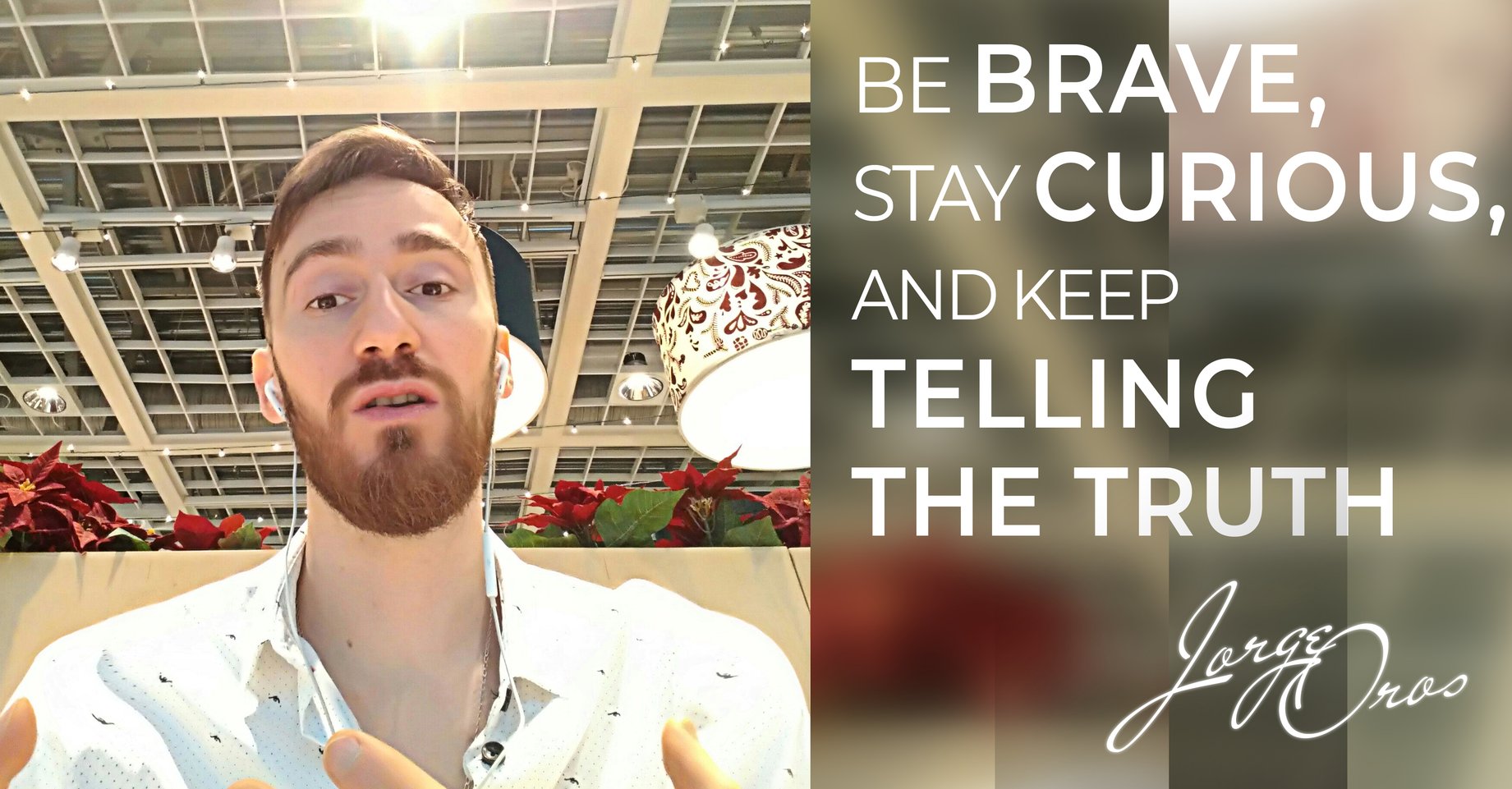I question "either... or..." framings and often end up evolving to "both .. and..." framings. I come from both quantitative and qualitative research. And, in qualitative research, one of the best measures of our individual and collective intellect is
the capacity for paradox — i.e. the ability to hold in your mind, and act upon, seemingly competing ideas. In neuroscience, that's how they say you stretch your brain and start to see beyond the perspective of your individual nose.
Our general culture is full of dichotomies: black or white, good or evil, us or them, emotions or logic, money or ethics, crush or be crushed... The list could go on for pages, but these false, contagious narratives exploiting our hardcoded cognitive biases not only cause wars, political clashes, and authoritarian backlashes. They have become pervasive in our corporate cultures as well. Ironically, when doing my work in the most progressive countries, I was quite shocked to see how trivialized, distorted narratives around identity (falsely marketed as feminism and diversity policies) were heedlessly implemented at the cost of excluding talent from opportunity, reinforcing oppressive models of power, fostering shame culture and sabotaging accountability.
What was missing here the capacity for paradox, the ability to spot bullshit, and the failure to adopt a multifaceted perspective around complex issues related to identity, such as patriarchy, white supremacy, homophobia, ableism, classism etc. While tackling them has a huge impact on the long-term success of an organization, they cannot be tackled in trivial ways. Essentially, we had to work
on the same concept that underpins real empathy and quality forecasting — the so-called dragonfly eye. The metaphor here refers to the fact humans have the one and only lens that we see the world through, and that lens is soldered into our eye. A dragonfly eye, by contrast, has a huge surface covered by thousand of lenses, each looking at the world from a different angle, and then the visual information from each flows into the processing brain. The dragonfly, in fact, sees more and better than a human.
While we cannot change the single-lensed anatomy of our visual system, we can — and should — do that with our cognition. Our lenses on everything, including corporate tasks, policies, and struggles, are shaped by age, education, race, gender, and other arbitrary circumstances. Making best decisions requires seeing beyond our lens and aggregating other people's perspectives into our judgment, without losing our own. That's uncomfortable and difficult, but doable. That's why neuroscientists call it the stretching of the brain. The brain you get as a result is truly worth it.
